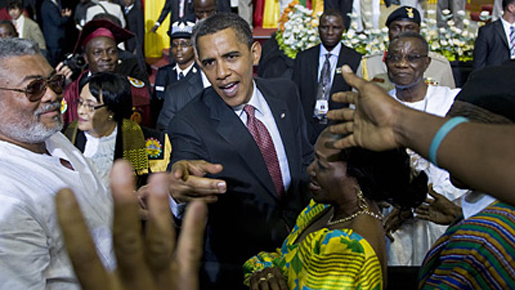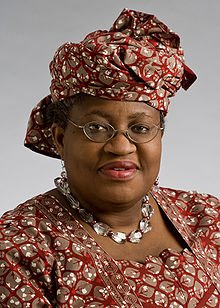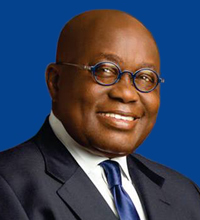
In what many consider "a new blue print" the Obama's White House has announced a new US strategy for sub-Saharan Africa, which focuses on the continent's economic potential.
In what sounds like a strategy of hope and optimism stated that, Africa, a continent torn by poverty, corruption and discord could be the world’s next big economic success story.
The strategy also explores issues related to democracy, security and development on the continent. Tapped from diverse sources involving a rigorous process that drew on the expertise of leaders from both inside and outside of government including African voices, the US government believes that the new strategy will place the US in a stronger position to help its African partners seize the opportunities and meet the challenges facing the continent.
President Barack Obama said African democracy had improved but corruption was endemic in many countries and state institutions were weak.
One key area of interest in the strategy is the US planned response to China's increasing influence on the continent through investment and trade.
The president stated that he would work with Congress to develop preferential trade agreements with African countries, while fighting al-Qaeda and its affiliates on the continent.
"As we look toward the future, it is clear that Africa is more important than ever to the security and prosperity of the international community, and to the United States in particular," said Mr Obama, the US-born son of a Kenyan man.
The White House said its new Strategy Toward Sub-Saharan Africa provides "a proactive and forward looking vision grounded in partnership".
A bid to increase trade and investment in sub-Saharan Africa is among its aims.
The US administration is reaching out to entrepreneurs through exchange programmes. It will try to match US and Africa companies for business opportunities.
The strategy is the result of four months of work, during which advisers looked at how to address the challenges the continent faces from famine to instability as well as the continent's economic potential.
The announcement indicates a renewed focus on Africa, but as the plan is short on detail for now it is unclear how the strategy differs from what the administration has been doing so far, she says.
Obama has also highlighted food security challenges, and in May unveiled a scheme designed to lift 50 million people, including in Africa, out of poverty by linking up governments, civil society groups with the private sector.
He also maintained former president George W. Bush’s Emergency Plan for AIDS Relief (PEPFAR), which has improved life expectancy on the continent and will support lifesaving treatment for six million people by the end of next year.



